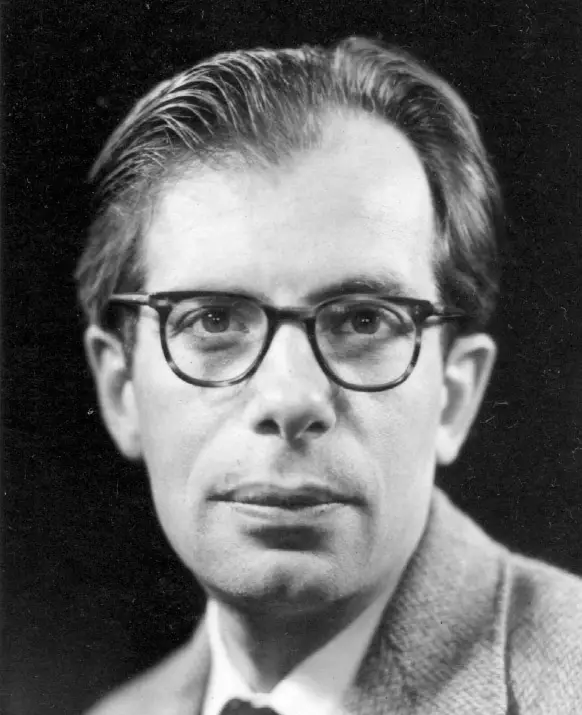Andrew (András) Keller
By Nicola Keller
(1925 - 1999)

Andrew (András) Keller was born in Budapest in 1925. Having completed his schooling and wishing to study Chemistry, Andrew was forced to enter a labor battalion instead where, alongside other Jewish slave laborers, he was forced to repair railways and airfields damaged by Allied bombing. He survived by escaping from a death march, hiding until the Russian forces passed by. Eventually he was captured and sent to a displaced person’s camp in Romania but, fearing deportation to the Soviet Union, he escaped and reached Budapest in 1945.
After the war he followed an accelerated program at the University of Budapest, obtaining a BSc in Chemistry in 1947. He completed a PhD thesis but this had not been examined when the deteriorating political situation forced Andrew to flee Hungary and come to England in 1948. He worked first at ICI and joined the University of Bristol in 1955. Keller progressed through the academic ranks in Bristol becoming Research Professor in 1969.
Keller pioneered the understanding of crystallizing polymers; in 1957 he discovered the chain folding mechanism of polymer crystallization, hugely important across physics, chemistry and materials sciences. Keller’s observations of beautifully organized chain?folded crystals launched polymer physics setting a completely new scientific agenda. His work, led purely by scientific curiosity, turned out to lay the foundations for developing modern advanced materials with high?performance, durability and sophistication that are crucial in fields ranging from electronics to medicine. His contributions serve as an important example of how fundamental research can lead to unpredictable benefits to mankind.
The Andrew Keller Award for Best European Paper recognizes groundbreaking research published by authors with European affiliations submitted to the journal Polymer.
Awards and Recognition
1964 High Polymer Physics Prize, American Physical Society
1969 Prize of Materials Science Club of Great Britain
1972 Fellow of The Royal Society
1975 Swinburne Medal of the Plastics and Rubber Institute, London
1980 Centennial Scholar and Medal, Case Institute of Technology, Cleveland, Ohio
1981 Clyde Medal of the University of Utah
1983 Max Born Medal and Prize
1983 Fraser Price Memorial Award, University of Massachusetts
1984 Rumford Medal of The Royal Society
1984 Medal of the Collège de France, Paris
1994 Elected member of the Academia Europaea
1998 Elected External Member of the Hungarian Academy of Sciences
Source: Correspondence with the author. Photo courtesy of the author.


